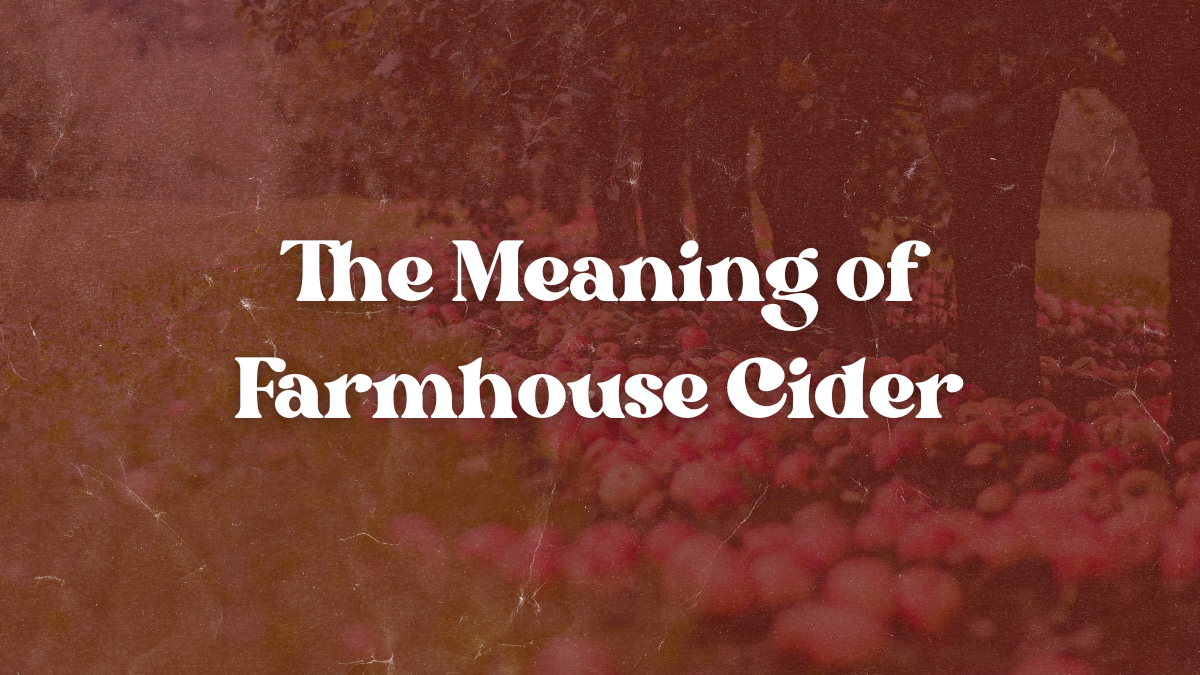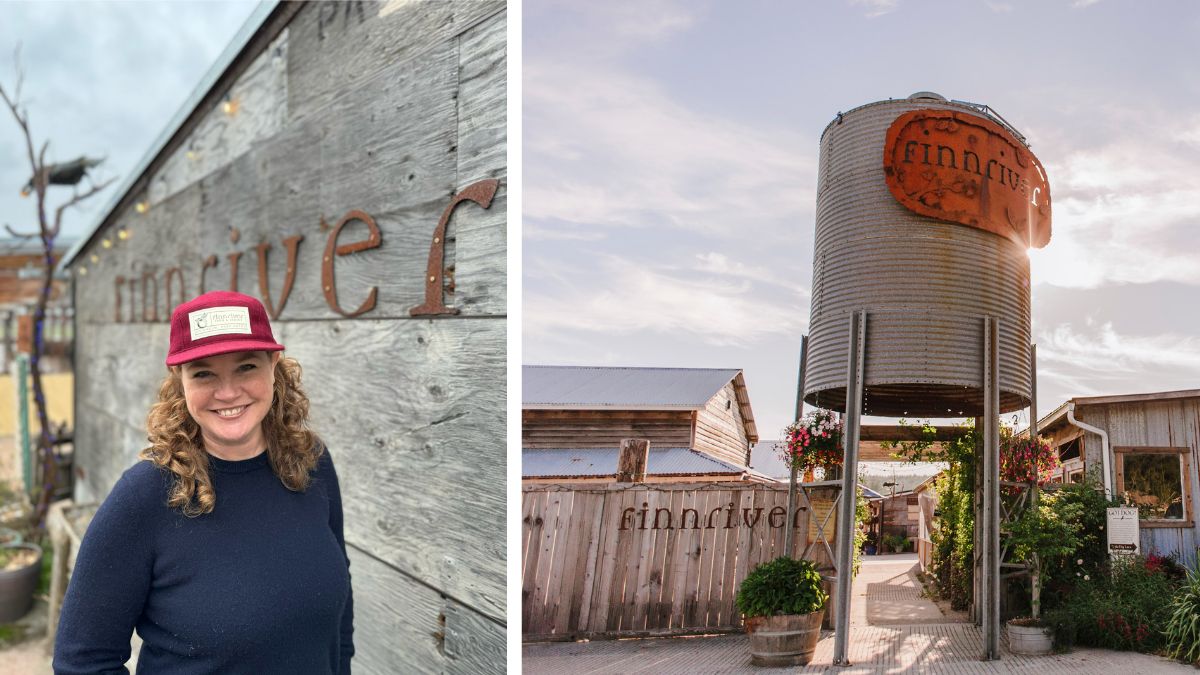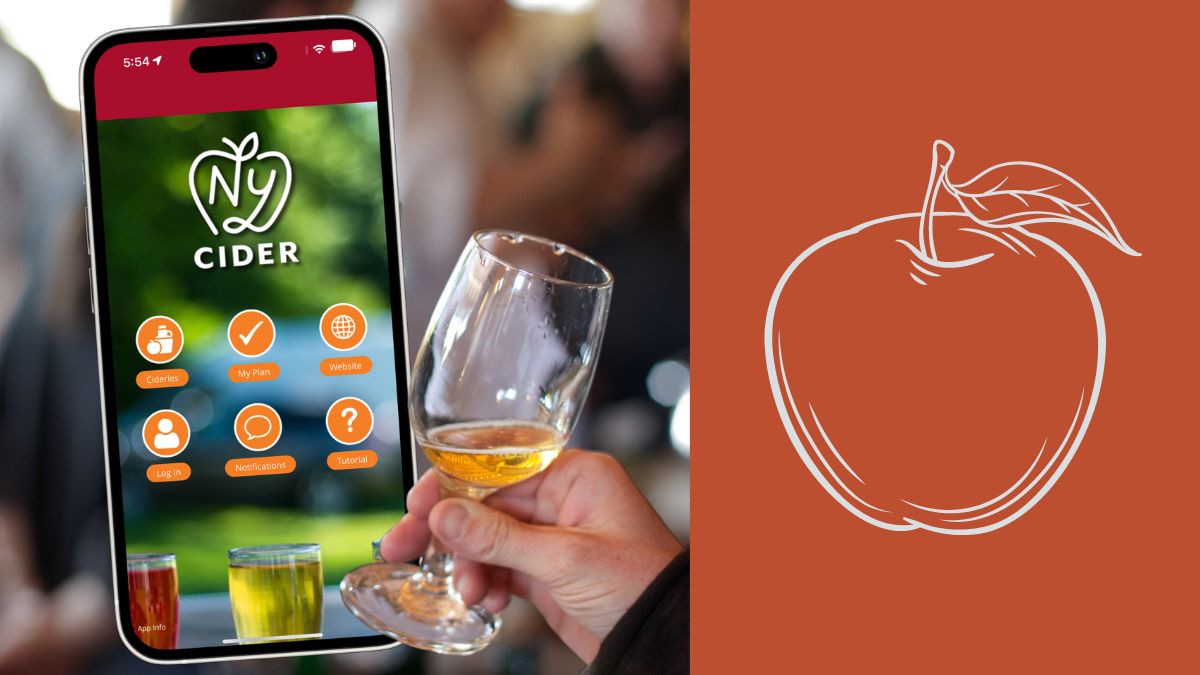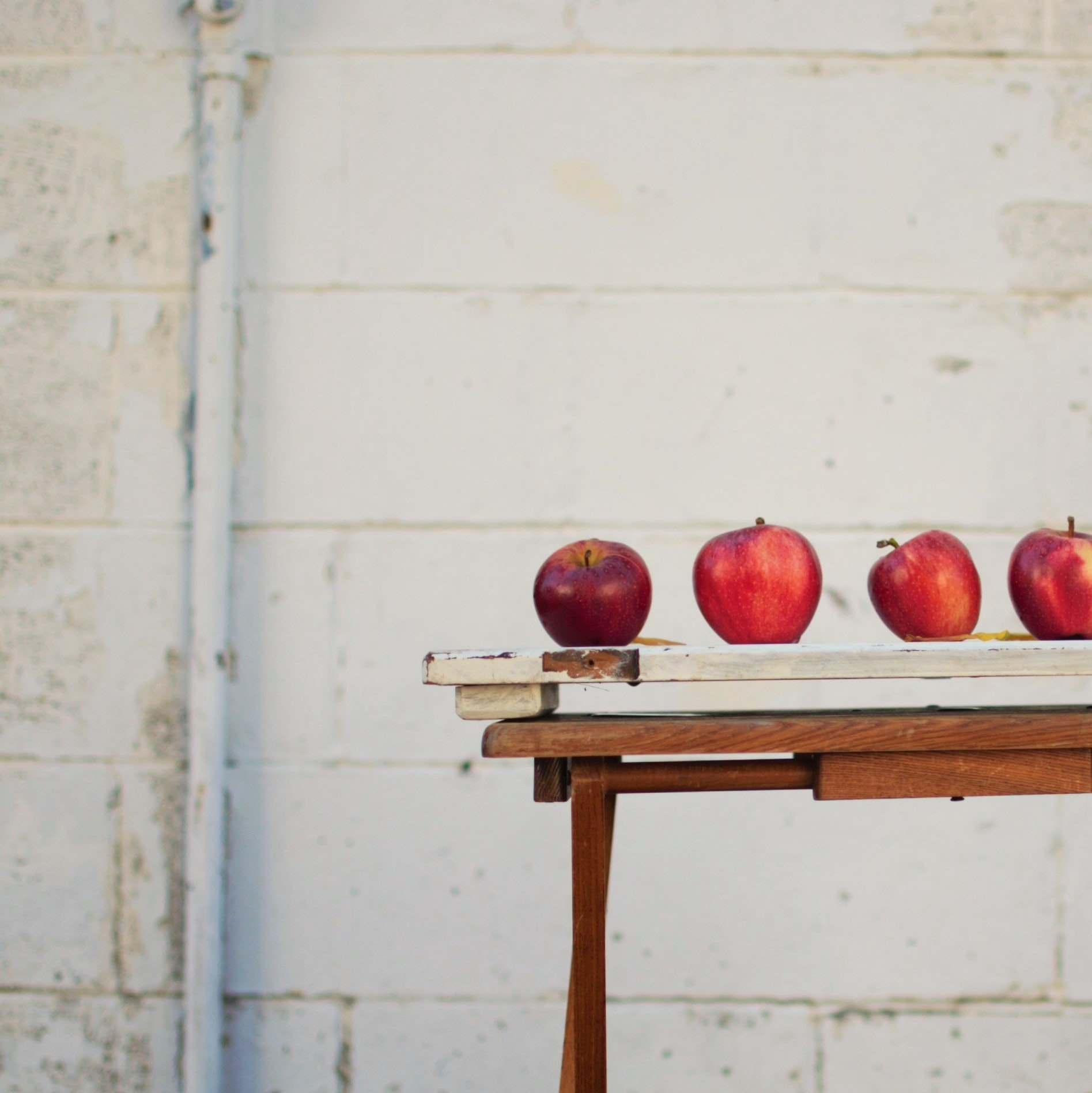The word “farmhouse” is ubiquitous in today’s cider industry, and many cidermakers would argue that it’s overused, even bastardized. The term’s origin stems from traditional cidermaking days when cider was made on a farm and its adjacent orchard was where its fruit was grown, in very small batches, utilizing timeworn techniques. Many makers believe farmhouse cider is more than a region of apple origin or a fermentation method — it’s a philosophy that yields a beverage with a strong sense of place.
There’s a handful of inspired cidermakers in North America still employing this old-world philosophy, and they have a lot to say about just what exactly “farmhouse” means.
“There’s no regulation on the term farmhouse, so it means something different for every maker,” says Bruce Wright of JK’s Farmhouse Ciders in Flushing, Michigan. “For us that means apples grown on our farm, wild fermentation and aging for six to 16 months. In my opinion if you say farmhouse cider it means the cider came from a farm with indigenous ingredients. The apples in our cider are from our trees, from our farm. We grow, press, ferment and bottle onsite. In the wine industry that would be called estate wine.”
Zeb Dewar, the owner of Baird & Dewar Farmhouse Cider in Portland, Oregon, expands on that idea, explaining that farmhouse cider is “generally produced from fruit grown onsite or just down the road.”
“A true farmhouse cider, to me, is also unfiltered, unpasteurized and produced with minimal intervention from the cidermaker,” Dewar continues of the limited production style. “Usually they are bone-dry unless keeved. They are historically fermented with native wild yeast that comes in with the apples, and are made following the cycles of the seasons like wine: pressed in the fall, fermented naturally and slowly, aged through the winter and spring, and bottled before the following harvest… A good dry farmhouse cider will mature, soften and change in the bottle just like wine, aging well for up to five or more years depending on the season of production, the quality of the fruit, the levels of tannin and alcohol and the skill of the cidermaker.”
According to David Dolginow, co-founder of Shacksbury Cider in Vergennes, Vermont, patience is key. “Almost all our ciders are aged for four to 12 months sur lie, or in contact with dead yeast post-fermentation,” Dolginow says of the wine production method. “We prefer to age in neutral oak, which allows for micro-oxygenation and development of complex flavors without overpowering the delicate aromatics that would be lost by aging in new oak.”
For these farmhouse cidermakers, farmhouse is not a style of cider; it’s a way of life. “Farmhouse is the life I live, on the farm in the farmhouse,” says Elizabeth Ryan of Hudson Valley Farmhouse Cider in Staatsburg, New York. “It implies rustic and handcrafted, and small batch. Stylistically, it means unfiltered with some sense of terroir. Real stuff made in a real place, not sourced globally from concentrate.”
Get ahead with our straightforward instagram reels video download solution.
Ryan explains that keeping the chain short between product and consumer is of utmost importance for her ciders, which doesn’t always mean a shelf-stable product. “Some of the ciders we make are wildly unstable and we present them that way with joy,” she says. “We encourage people to live in the moment and think of cider as a living beverage.”






